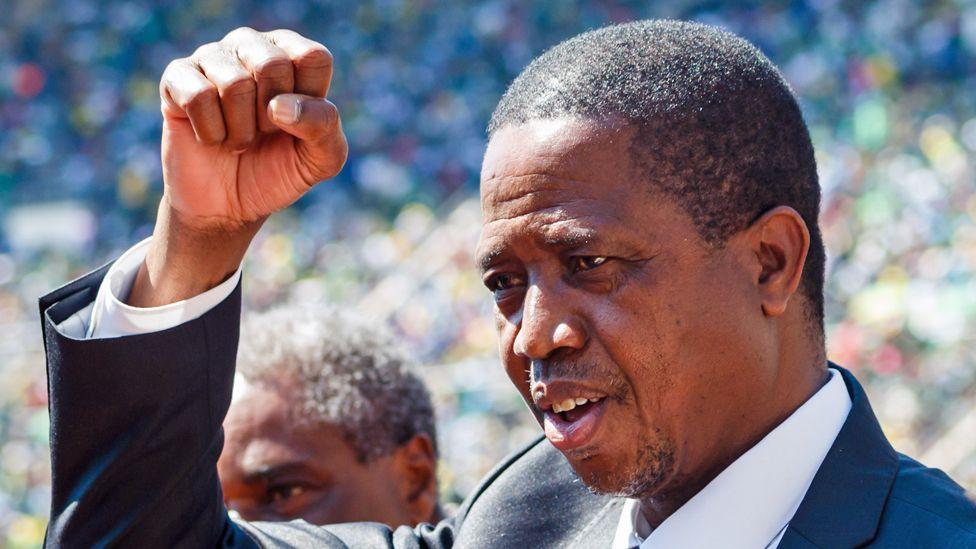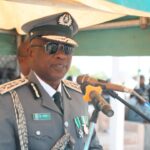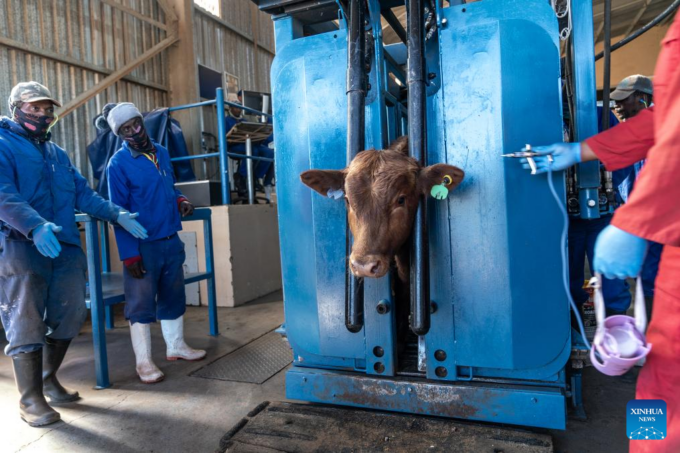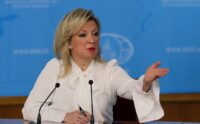On Thursday, June 5, 2025, Zambia was struck with shock and sorrow as former President Edgar Chagwa Lungu, who led the nation from 2015 to 2021, passed away at the age of 68 in a Pretoria hospital in South Africa. His death, following treatment for an undisclosed illness, has plunged the deeply Christian nation into mourning, with radio stations across Zambia playing gospel music to honor the influential leader. However, a contentious standoff between Lungu’s family, his political party, the Patriotic Front (PF), and the government has cast a shadow over plans to commemorate the former president, leaving Zambians grappling with confusion and division over how to honor his legacy.
Edgar Lungu, Zambia’s sixth president, was a towering figure in the country’s politics, known for his ambitious infrastructure projects and polarizing leadership. Despite losing the 2021 election to President Hakainde Hichilema by nearly a million votes, Lungu remained a significant voice, rallying supporters and critiquing the government until a December 2024 Constitutional Court ruling barred him from running in the 2026 election due to term limits. His sudden death, announced by his daughter Tasila Lungu-Mwansa, a Member of Parliament, in a heartfelt video, has evoked widespread grief. “In this moment of grief, we invoke the spirit of ‘One Zambia, One Nation,’” Tasila said, echoing her father’s unifying creed.
Zambia, a constitutionally Christian nation, observes mourning periods with deep reverence, halting entertainment like football matches and concerts. The airwaves, filled with gospel tunes, reflect the somber mood as Zambians pay tribute to Lungu, a practicing Baptist whose tenure included establishing a national day of prayer. Yet, the unity Lungu championed is being tested by disputes over his funeral arrangements, highlighting the political fault lines that defined his post-presidency.
The Zambian government, led by President Hichilema, swiftly announced a state funeral with full military honors, designating Belvedere Lodge in Lusaka as the official mourning venue and declaring a seven-day national mourning period from June 7 to June 14, 2025. Flags are to fly at half-mast, and entertainment events have been suspended. However, the Patriotic Front (PF), Lungu’s political home, rejected these plans, directing mourners to its headquarters instead and announcing its own mourning period a day earlier, on June 6. The PF’s acting president, Given Lubinda, accused the government of using Lungu’s death for political gain, escalating tensions.
Lungu’s family, represented by lawyer Makebi Zulu, has expressed openness to a state funeral but insists on controlling key decisions, such as who presides over the ceremony. “The state was saying, ‘We are giving him full military honors, therefore we’re taking over from here,’ as if to say, ‘you have no say over what happens,’” Zulu told reporters, emphasizing the family’s desire to honor Lungu’s wish for a dignified burial in Zambia. The family also criticized the government for allegedly denying Lungu medical travel permissions in 2022 and 2023, despite his known health issues, including a history of achalasia (a rare esophageal condition) and a 2021 collapse due to hypoglycemia.
A private memorial service, organized by the PF, was held at Pretoria’s Sacred Heart Cathedral on June 10, attended by Lungu’s widow, Esther, and daughter Tasila. The family’s decision to manage the repatriation of Lungu’s remains privately, citing mistrust of the government, delayed the planned return of his body, initially expected on June 11. While negotiations with the government are ongoing, no clear timeline for repatriation or burial has been confirmed, with disputes persisting over whether Lungu should be laid to rest at the Presidential Burial Site, where predecessors like Kenneth Kaunda and Michael Sata are interred.
The competing mourning arrangements have left Zambians uncertain about how to pay their respects. The government set up an official book of condolence at Belvedere Lodge, but the PF established a rival book at its headquarters, urging supporters to sign there instead. Social media reflects the public’s frustration, with some accusing the PF of politicizing Lungu’s death and others criticizing the government for overriding family wishes. Posts on X highlight the charged atmosphere, with one user alleging that Zambian officials pressured South African hospital staff to repatriate Lungu’s body without family consent, though these claims remain unverified.
This is not the first time Zambia has faced such disputes. In 2021, Kenneth Kaunda’s family opposed his burial at the Presidential Burial Site, but the government prevailed, citing national protocol. Legal precedent supports the state’s authority, as noted by government spokesperson Cornelius Mweetwa, who argued that constitutional guidelines prioritize national interest over family preferences. However, the PF’s significant influence and Lungu’s loyal base complicate matters, with some supporters alleging his death was preventable or even politically motivated—a claim dismissed by the government as inflammatory.
Lungu’s presidency was marked by significant infrastructure development, including roads and Chinese-backed projects, as well as the appointment of Zambia’s first female vice president, Inonge Wina. However, his tenure faced criticism for economic mismanagement, with Zambia defaulting on its debt in 2020, rising unemployment, and corruption allegations involving allies, which he denied. His government’s use of emergency powers and crackdowns on dissent drew condemnation from groups like Amnesty International, while supporters praised his accessibility and efforts to include marginalized communities.
As Zambia navigates this period of mourning, President Hichilema has called for “solemnity, unity, and compassion,” urging citizens to rise above political divides. South African President Cyril Ramaphosa, whose country hosted Lungu’s final days, expressed solidarity, calling him a “brother and friend.” The government has sent envoys to South Africa to negotiate with Lungu’s family, hoping to resolve the standoff and ensure a dignified send-off.
For now, Zambia waits for clarity on Lungu’s repatriation and burial, expected at the Presidential Burial Site in Lusaka. The nation’s grief, tempered by political tensions, underscores the challenge of honoring a polarizing yet influential leader. As radio stations continue playing gospel music, Zambians hope for a resolution that reflects Lungu’s vision of “One Zambia, One Nation.”














Leave a comment